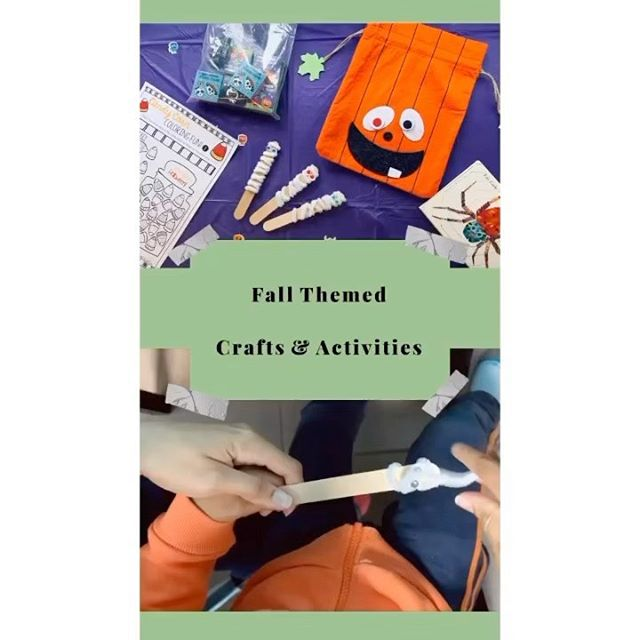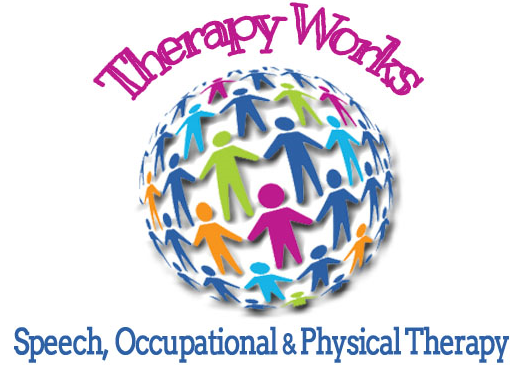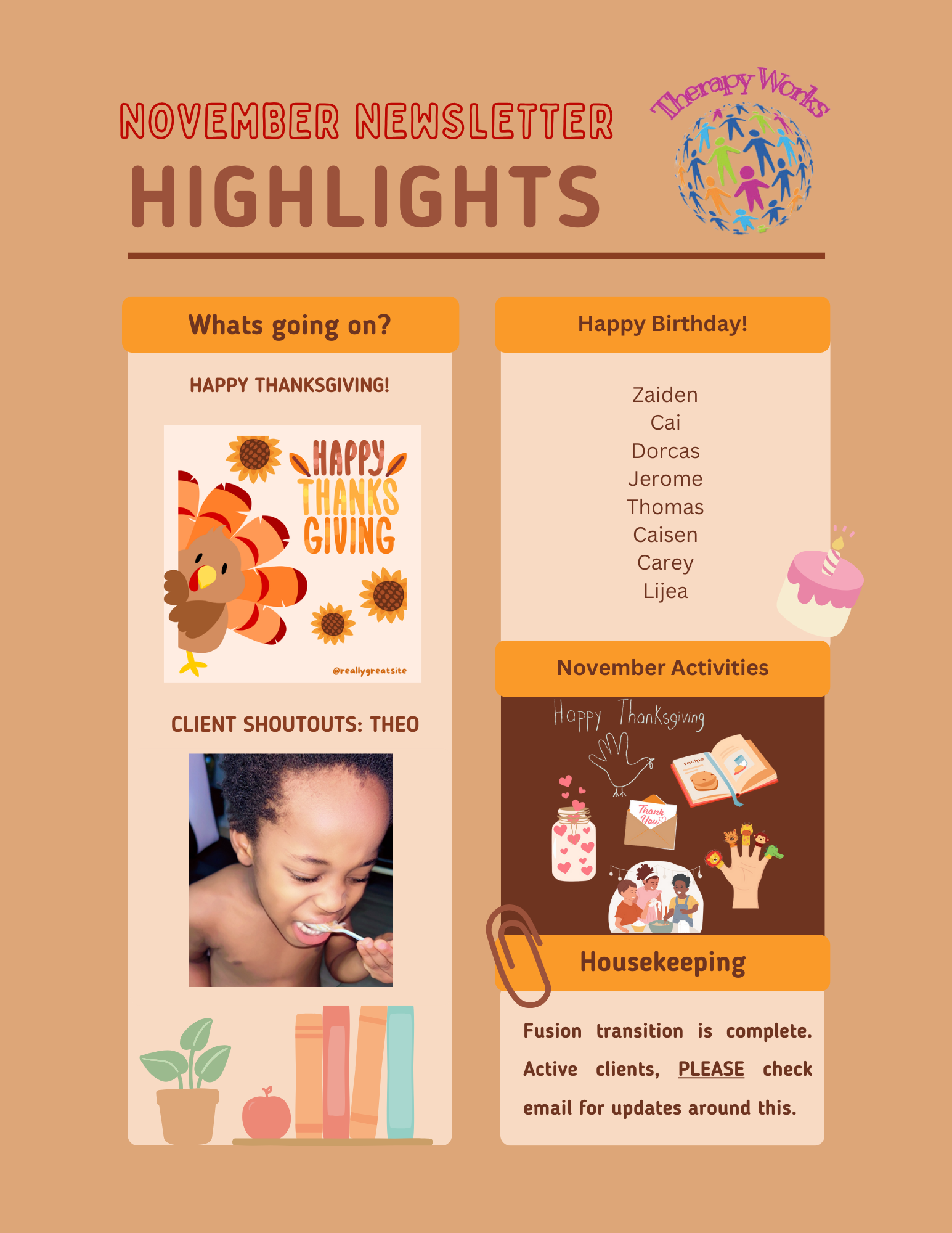March Into Success: Building Healthy Habits with Virtual Therapy
March Into Success: Building Healthy Habits with Virtual Therapy
As the days get longer and spring begins to blossom, March presents the perfect opportunity to focus on renewal and growth—both for your child and for your therapy journey. Whether it's improving executive functioning, building social skills, or gaining independence in daily tasks, our virtual therapy clinic is here to help guide your child through the challenges of the season and toward success. In this blog post, we’ll share some tips for parents to support their child's progress in therapy during March and beyond.
1. Spring Into Routine: Helping Kids Build Healthy Habits
Spring is all about new beginnings, and what better way to celebrate this than by helping your child build or refine healthy routines? Virtual therapy is a great way to provide the structure and support necessary for success. Whether your child is working on social skills, fine motor coordination, or self-regulation strategies, here are a few tips to help reinforce new habits:
- Use Visual Cues: Reinforce routines at home with visual schedules or charts that remind your child of the steps in a task (e.g., getting ready for school or preparing for bed).
- Create a Consistent Routine: Children thrive on structure, so consistency is key. Try to keep daily tasks in the same order and at the same time to build familiarity.
- Celebrate Small Wins: Each small victory counts! Use positive reinforcement like praise, stickers, or a reward system to acknowledge progress.
2. Celebrate Social Growth: Practicing Social Skills in Real Life
March is also a great time to help children focus on improving their social skills as they interact with others, especially as more in-person activities become available. Virtual therapy provides a safe and controlled environment to practice social interactions, but how can parents encourage social growth at home?
- Role-Playing Social Scenarios: Whether it's greeting a friend or managing conflicts, role-playing can help your child feel more confident in social situations. Practice in therapy, and then use the skills in real-life scenarios like family gatherings or playdates.
- Reading Facial Expressions and Body Language: Understanding non-verbal communication is a key part of social skills. Have fun with your child by playing games that involve identifying facial expressions and discussing how emotions are expressed through body language.
- Encouragement and Patience: Be patient as your child practices social skills. Positive reinforcement and regular practice will go a long way.
3. Executive Functioning and Focus: Tips for Staying On Track
Spring often brings a burst of energy, but it can also mean distractions for kids who are struggling with executive functioning skills such as staying focused, organizing tasks, and transitioning between activities. Here are a few strategies to support your child’s executive functioning at home:
- Use Timers and Reminders: Break tasks into smaller, more manageable steps. Set timers for each step, or use reminder apps to keep your child on track.
- Visual Supports: Use visual aids to reinforce task completion, whether it’s a checklist for schoolwork or a visual timer for how long they should focus on a task.
- Model Organization: Show your child how to break tasks into smaller parts by doing it together. For example, organizing their backpack or creating a homework plan.
4. Spring Cleaning Your Goals: Check-In and Adjust for Success
March is a great time to assess progress in therapy. Just like you would “spring clean” your home, consider checking in with your therapist to review goals and make adjustments as necessary. Are you seeing improvements? Are new goals needed? Virtual therapy provides flexibility, so you can adjust plans as needed based on your child’s progress.
Conclusion: Stay Connected and Motivated
At our virtual therapy clinic, we’re excited to help you and your child bloom into a new season of growth and development. Whether it’s refining social skills, building routines, or improving focus and independence, we’re here to support every step of the way. Don’t forget to take a moment this month to reflect on the progress made and celebrate every milestone—big or small.
Looking forward to continuing the journey with you!
Call to Action:
If you’re interested in starting or adjusting your child’s therapy plan for the season, don’t hesitate to reach out to our team for personalized support. We’re here to help!
Therapy Works Blog


Get Registered for our Patient Portal
Peach State Health Plan
Amerigroup
CareSource
Anthem Blue Cross Blue Shield
Aetna
Friday - 8:30 am to 3:00 pm





